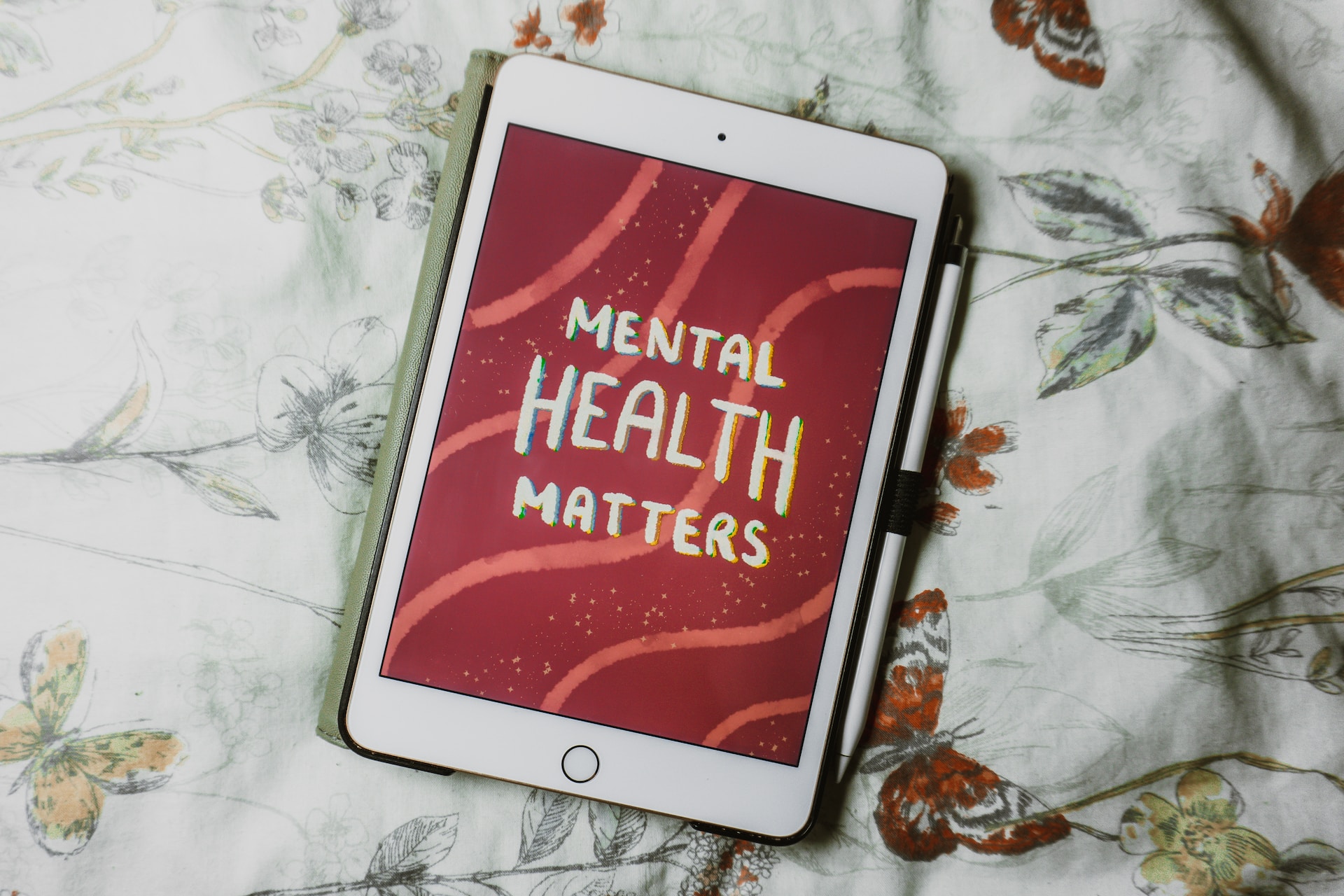by Dr. Elena Bagourdi
It’s hard enough to stay sober when life is on an even keel. But in stressful or triggering moments, the difficulty goes to a whole different level. Staying sober in those moments can be a big challenge. With solid support, commitment and some good coping skills, you can resist cravings and make sure any relapse that may happen is only temporary.
Here is a toolkit of six coping skills to help you maintain sobriety when you find yourself in difficult moments.
1. Rely on a Self-Care Practice
One of the many ways addiction recovery therapies prepare you to lead a life free of substances is by arming you with positive self-care practices. Meditation is commonly taught, as it is a foundation for mental and emotional stability, as well as growth. Mindfulness meditation for addiction specifically addresses the neurocognitive foundations of addiction, helping to bring psychological balance through awareness. It also has been demonstrated to decrease relapse. For best results, professionals recommend doing meditation daily — even if only for a short period of time.
If meditation doesn’t work for you, there are plenty of other ways to establish a strong self-care foundation that aims to allow you to be honest and present with yourself and release the frustrations of the day. A few of these tactics include…
- setting goals each morning and reviewing your progress towards them in the evening
- repeating positive affirmations when you feel triggered to use
- taking 15-minute walks to decompress
- a warm shower before bed
- journaling at the end of the day to release and examine challenging moments
Next time you feel like you’re struggling to stay sober, check in with yourself to make sure you are implementing self-care tactics like these, all of which will help address what may be motivating you to turn to substances.
But also keep in mind that your work to stay sober doesn’t have to be a solo endeavor all the time. EXIS Recovery offers a myriad of highly effective support options that can help you get ahead of the problem before negative consequences arise. These include Outpatient mutual support meetings, or 1:1 meetings with our clinicians. These interventions are fully covered by most insurance plans. Simply fill out the green form to the right to get a no-obligation, totally confidential free 30-minute consultation. You can also email us at info@exisrecovery.com or call 424 832-0848
2. Have a Buddy You Can Call for Support
One cornerstone underlying the strength of 12-step programs – should you choose to lean on AA for support – is the sponsor: a trusted friend you can call any time you feel in danger of relapse. This person is usually also in a recovery program with a longer history of sobriety. Many Narcotics Anonymous (NA) members report that this support system is one of the biggest factors for sustaining sobriety, and studies show that this support network can be key for those struggling with many different types of substance abuse.
But you don’t need to be in a 12-step program to have a buddy. Ask someone you respect if they can be your “go-to” friend in times of need. It’s great if this can be someone successful in their own recovery program or a substance abuse coach, as they will be the most qualified to support you on your journey. That said, it is also key to cultivate supportive relationships with close friends or family members who can step in to support you at a moment’s notice.
3. Outpatient Therapy
Recovery is a long-term process. Just being sober for 28 days does not always constitute successful recovery. A long-term, outpatient therapy program can keep you grounded in your resolve, while also helping you grow into a stronger version of yourself. Some outpatient therapy programs also include training in growth-promoting practices like mindfulness meditation.
Additionally, while some outpatient programs only offer intensive schedules, others like EXIS Recovery also include more flexible scheduling, i.e. 1 or 2 sessions per week, matching the individual’s availability and daily life demands. Therapy is a space to let loose, relax, and productively check in with yourself, in the presence of someone who has known you through your sobriety journey and is still very much on your side.
Email us at info@exisrecovery.com or call 424 832-0848 to learn how EXIS can support your recovery journey and get you to the finish line.
4. Leave Triggering Environments
When you have Substance Use Disorder, your body adapts to anticipate substances. Environmental cues—like a familiar room, people, or even paraphernalia—can cause physiological reactions long after detox. For example, former heroin users can walk into a familiar place and experience withdrawal symptoms even after years of sobriety. Read more.
It’s best to avoid these triggers altogether. But if you can’t, prepare yourself: practice mindfulness, breathe through cravings, and know your limits. Mindfulness practices can help decouple the environment from addiction. If it becomes too much—leave.
5. Exercise and Healthy Eating
Sometimes, the root of addiction lies in unmet physical needs. Proper nutrition and exercise have both been shown to reduce cravings and improve mental well-being. Nutrition and exercise play an important role in recovery. However, avoid high-risk sports environments that might glorify substance use.
Yoga, Tai Chi, Pilates, and even dance can support the mind-body connection while improving mood. Explore different options until one feels right—consistency is key.
6. Carry an Honest List of High-Risk Feelings
Relapse is often triggered by common emotional states: anger, shame, loneliness, tiredness. Identify your personal risk feelings and write them down. Next to each one, write a healthy response. For example: loneliness → call a friend. When a craving hits, pull out your list, assess what you’re feeling, and act based on those healthier responses.
Remember: recovery doesn’t mean perfection. You may relapse, but that doesn’t mean you’ve failed. What matters is the decision to get back on track and commit to your healing.
Sources:
- Are Extreme Athletes at a Greater Risk for Drug and Alcohol Abuse?
- Can Exercise Help Conquer Addiction?
- Exercise as a Novel Treatment for Drug Addiction
- A Healthy State of Mind
- Mindfulness Meditation and Relapse
- Yoga and Mindfulness as Addiction Therapy
- Nutrition Education and Recovery Outcomes
- Shame: The Core of Addiction
- The Road to Recovery




